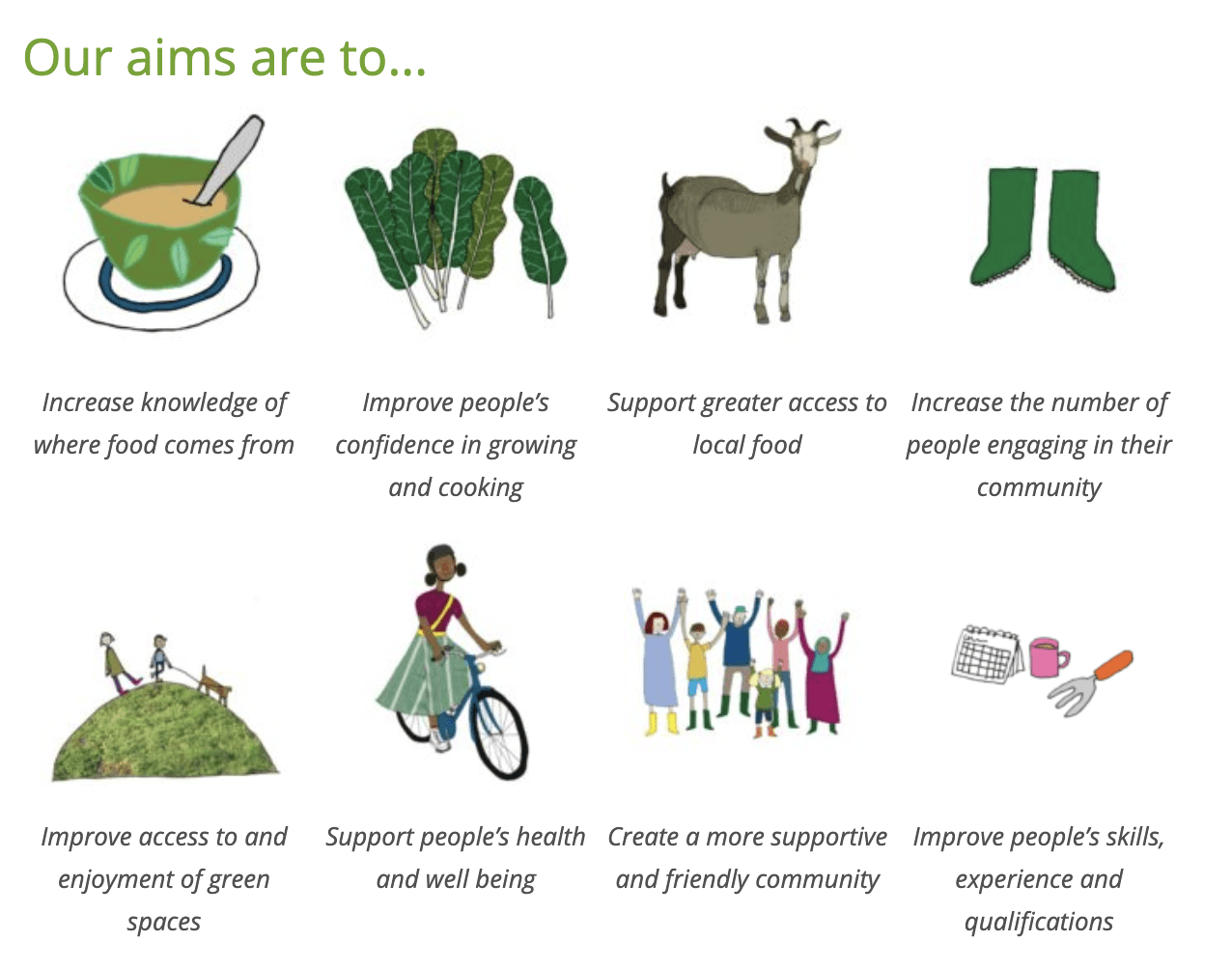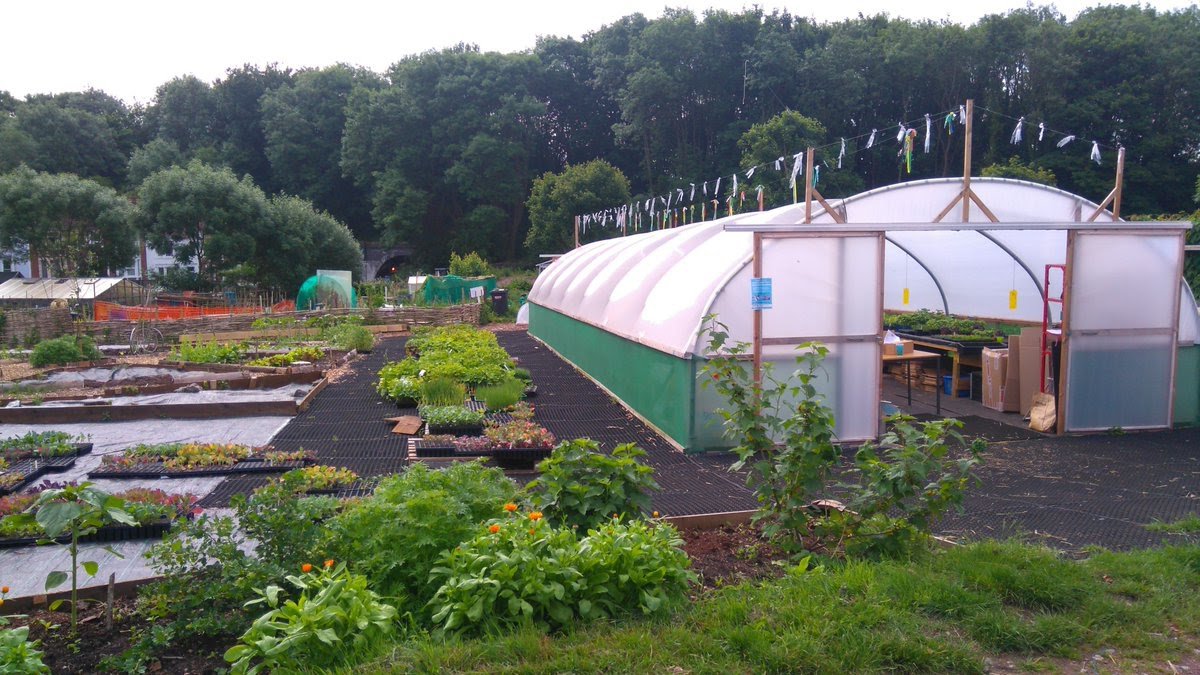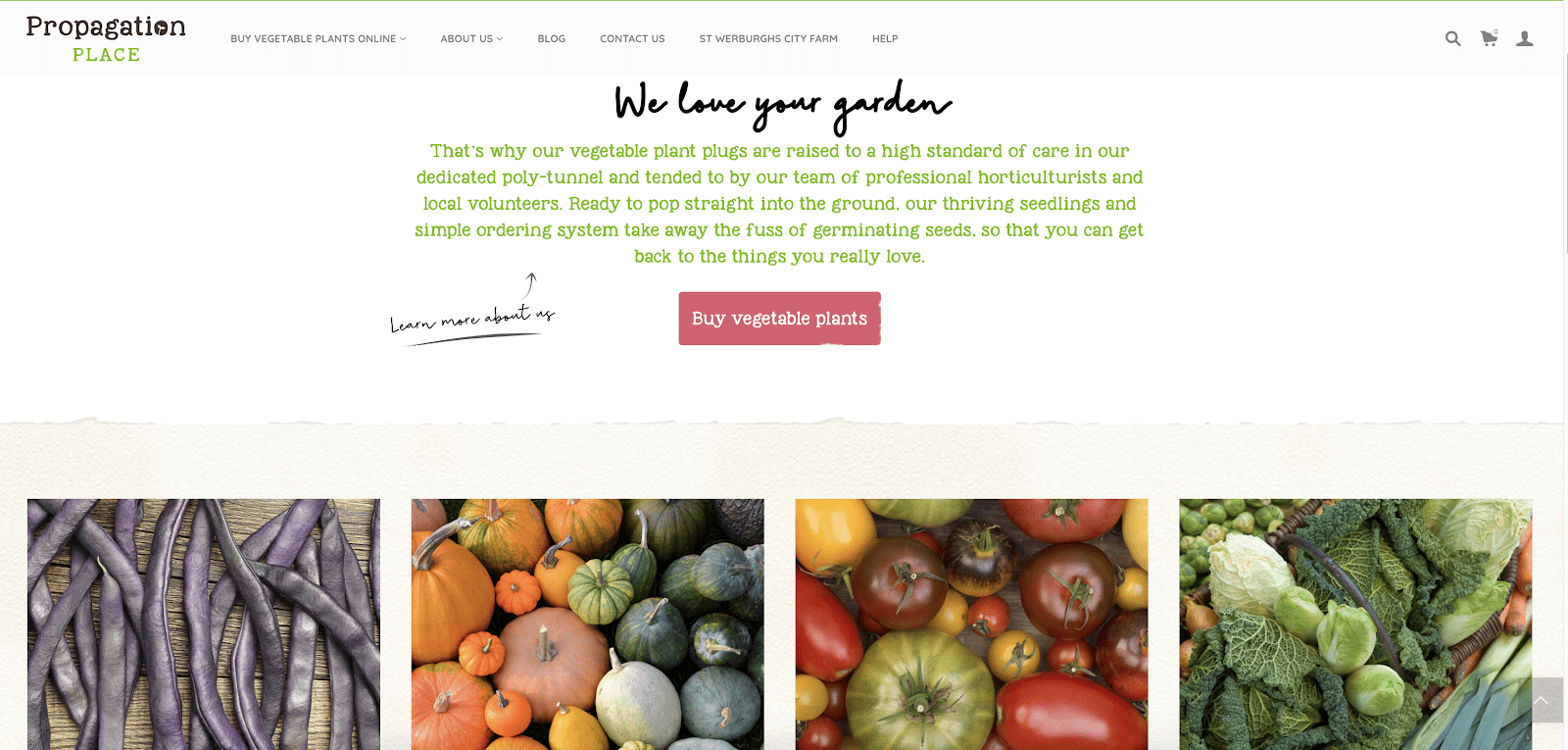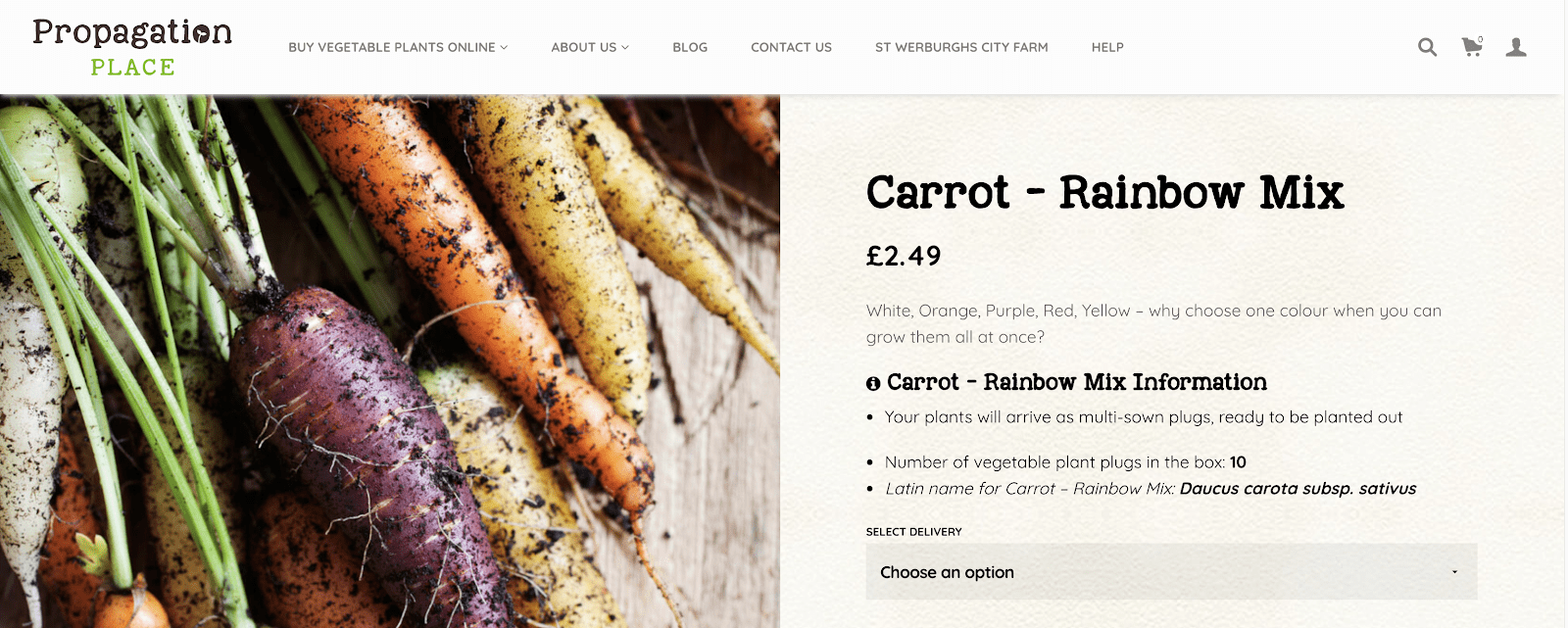Food — it’s been at the heart of human culture since the beginning of our existence. Every civilization, every nation, has a food that defines them.
And throughout history, the way we have consumed and produced food has continued to develop and change; evolving from hunters and gatherers, to farmers in small communities, villages, and cities.
Recently, our relationship with food production and consumption has evolved once again. As the population has continued to radically grow, technology to exponentially develop, and the economy to expand and globalize — food production has moved in a similar direction. Rather than sourcing our food locally, it is shipped from all across the world to a supermarket close to your home. And while this is convenient and almost necessary for our 9-5s, it has come at some great costs, both to our environment and our health.
As such, there has been a recent movement towards a re-focus on locally produced foods. Whether that’s having your own herb garden and veggie patch at home, new types of urban farms popping up in metropolitan areas, or an increase in demand for purchasing local produce.
A great example of this new movement is Propagation Place — a project (and social enterprise of sorts) created by the St Werburghs City Farm in Bristol. Propagation Place is a community-led business which supplies plug plants to the local area of Bristol and greater UK area. We spoke with business manager, Esme Worrell, to learn about Propagation Place’s unique business model and about how Metorik is helping them kick their goals.
A seed is sown
St Werburghs City Farm is located in Bristol — with many of the neighbourhoods surrounding it falling within the 10% most disadvantaged areas within the UK.
With this reality in mind, the farm’s mission is to use their space to provide a safe environment for residents in the area and offer “targeted community services that equip people with knowledge, skills and confidence, and provide green sites accessible to all”.

However, as with all charities, having a reliable revenue stream can be a significant challenge. Yes, you can rely on donations and government grants and funding — but these streams can be uncertain and unpredictable. And with more than 55,000 people using the farm each year, keeping the farm financially viable is of utmost importance.
That’s how the idea of Propagation Place came to life; a micro-business within the farm with the goal of:
Supporting the local food system.
By supplying strong, healthy plug plants to the neighbouring 13 acres of allotments.
Which would provide a new sustainable revenue stream to the business.
And also provide great volunteering and educational opportunities to the community.
“What's really important to us is encouraging the local food economy; encouraging people to grow their own food, contributing to the local food systems so that food isn't travelling from many miles away.”
Propagating the idea
The St Werburghs City Farm brought Esme onboard in 2018 to spearhead the launch and running of Propagation Place. As a charity, “they were not used to thinking like a business”. That’s where Esme’s skills in marketing, event management and small business management were going to be a great asset.
Propagation is run by a small team with Esme running operations. She is supported by a few other staff members who take care of plant health, packing, planning, growing, and plant management. And while a big focus of the business is growing plants to sell on their eCommerce store, there is also a big focus on providing volunteering and learning opportunities to the local community
“People from the community can learn how to grow food and flowers. And if people are interested in learning about running a business — there are opportunities for them to participate in the actual running of Propagation Place. For a lot of people, it's actually just like being in a place where they can grow their confidence.”
The main growing area is in a 30m polytunnel. If you don’t know what a polytunnel is (that’s ok, neither did I), here is a picture of theirs:

And since they grow the plants to the point where they are just ready to be properly planted into the ground (also known as plug plants); the polytunnel gives ample growing space.
From farm to doorstep
As far as eCommerce logistics and fulfilment goes, selling plants is up there with the hardest to pull off.
It starts with the products/plants they sell. Each season of the year has different plants that can be grown. As such, Propagation Place has 3 different shipping/ordering windows a year:
Spring orders from the first of April.
Summer from the first of May.
Autumn/Winter from Mid-July.
Plants are sent out in the first few weeks of the shipping season so that the customer has ample time to plant them in their homes. And the team needs to make sure that they have enough of each plant so they are at the right size when they are shipped.
Shipping a plant is a little more complex than an inanimate product that most of us are accustomed to shipping. “A lot of shipping carriers won’t ship plants, but some of the bigger ones will. We have to show them the packaging and assure them that they won’t leak water.”
With so much time and effort going into growing the plants, Propagation Place needs to ensure the plants arrive to their customers alive and in good condition. This means shipping the plants in boxes with ample protection, as well as keeping them in hydrated soil. And to top it all off, they have still managed to source completely biodegradable packaging (including even the tape).
“As with all shipments, sometimes packages get delayed. However, we have had some cases where the plants were delayed for a week, and they still survived the journey.”
Propagation Place’s stack
WooCommerce
For Esme, WooCommerce was the obvious choice. She had built a number of websites on WordPress before, so it was familiar to her. WooCommerce was going to offer them more flexibility for their unique eCommerce store.

So far, it’s been a very effective and reliable platform for them. “It's incredibly flexible. But within that flexibility, sometimes there are limitations that require some quite imaginative thinking to get around.”
One particular pain point has been the native reporting in WooCommerce. Sellings plants comes with its challenges around reporting and stock management. Whilst for most stores, stock can be in stock or out of stock, Propagation Place have the added challenge of plants dying or not germinating. As such, they need a reporting solution that can manage this delicate stock management process.
Metorik
Metorik is an integral part of Propagation Place’s operations. “It's probably one of the most used tools in our business.”
To model their shipping periods as products, they have created a different product variation for each shipping season.
So for example, for their carrot rainbow mix:

They have an overarching carrot product, and a variation of it for each shipping season:

They then move the variation in and out of stock depending on the season. This is a very neat and efficient way of managing their shipping windows.
Once the orders start rolling in for a given shipping window, they then use Metork’s exporting feature to export the orders to a CSV, which is then fed into their shipping system. They can also customize the export to match the column that the shipping system expects:
.png)
“We all know that the UI in WooCommerce isn't the most straightforward. So it's nice to be able to go into a piece of software (Metorik) that is really straightforward, clear, and that actually moves at the speed of the internet.”
For keeping a finger on the pulse of the business, Emse checks her custom dashboard in the morning and has a Slack digest set up which is sent every Monday to the team.
They also use Metorik Engage for their abandoned cart recovery and for post-purchase follow up emails. For example, they have an automation configured that fires one week after an order is completed to ask their customers to leave a review:
.png)
And with 173 reviews (84% excellent), the automation is definitely paying dividends.
Engage also allows Esme to quickly notify customers if there is an issue with a certain plant. For example, if a certain plant has died, she can quickly segment for orders containing that plant, and notify those customers promptly (and even offer them an alternative plant).
Final thoughts
Propagation Place’s business model shows that it’s economically feasible to both make money and make a difference to the world. They have been able to create a sustainable and profitable business that also has a strong impact on the local food economy in Bristol and the UK.
We are proud to be part of their journey and are excited to keep supporting them as they (and their plants) grow.

-1549438730.jpg)
